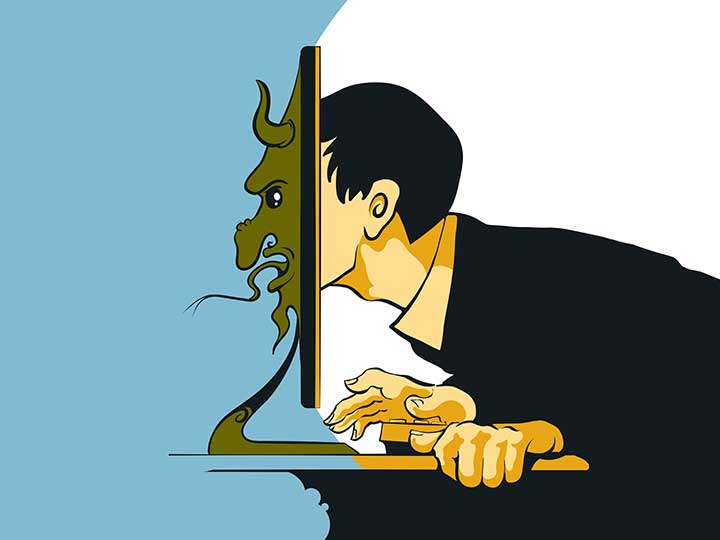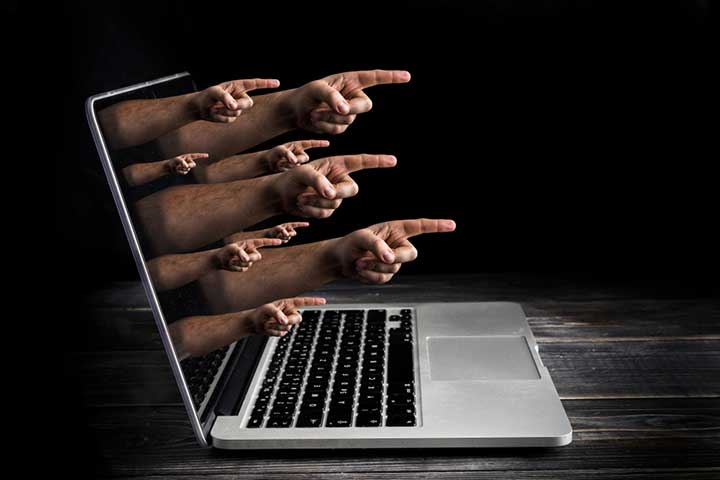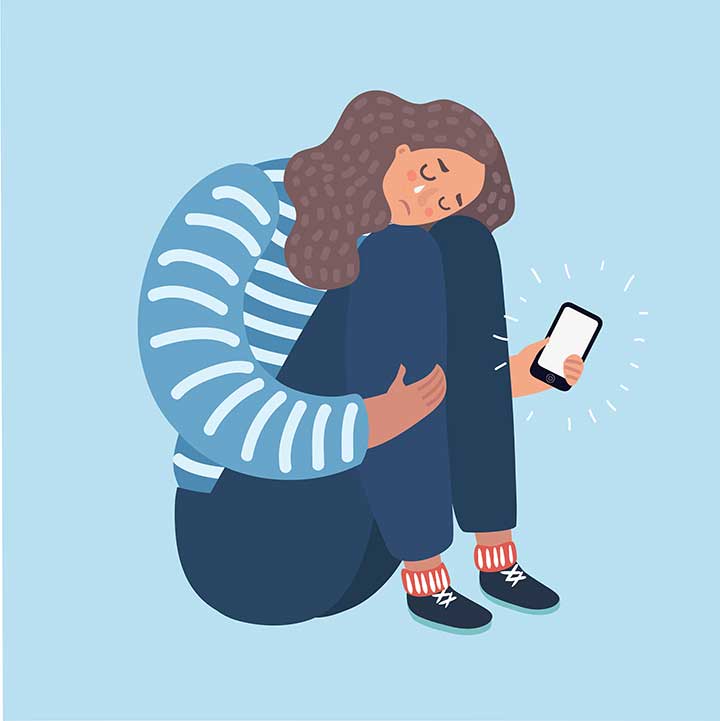
Undoubtedly, everything we see on the internet has a certain outcome in our daily lives. We have much to be thankful for the inter-web and its vast and varied ways—whether it’s to help us find solutions, places or people, or most importantly, educate us. With the development of electronic computers back in the 1950s, the World Wide Web was born in 1991, fundamentally changing the world as we know it. And like most things in life, with the good comes the bad, right?
The evolution of the internet is fascinating, and we can probably talk about in depth later. But for now, let’s address some of the repercussions of too much internet-ing. It is one of the most ruthless and cruellest places with its offsprings like Facebook, YouTube, Instagram and Twitter. And with a multitude of people using a single platform, it’s not a surprise that there is an excess to the negativity going around. I’m not sure why or when it all began, but it’s quite sad and heart-rending to see the percentages of suicides and depression in cities all over the world because of the bullies on the internet.
Here’s how you can make a small but significant difference and be a conscious internet user:
1. Don’t be quick to judge
Nowadays, without even a second thought, we usually judge or perceive a person in a certain way. I, myself, have done it multiple times, where when I come across a person that is so different from my personality, that I jump to how “weird” or how “not normal” they are. I soon reflected on this and realised that why shame someone (even if it’s from the behind a computer screen) for being true to who they are?
So, try this the next time you’re quick to judge anyone—ask yourself, what’s the point of this? If you’re not satisfied with the answer, then change your ways! And you, yourself, will feel so much at ease.
2. Understand that people are different
Touching upon the previous point, we must understand that people are different. They have different roles and journeys in life. They’ve been brought up in a certain way and have different pasts. They’re probably fighting a silent battle that we know nothing of. So instead of mocking or picking on them, show them love, compassion and cut them some slack.

3. Ask yourself if it’s hurting the other person
Countries and cities have died because of the inhumanity around. Why destroy the internet in the same way? If your comment or text message is inflicting harm or making someone uncomfortable, why do it? Think about your actions and their repercussions. How would you feel like if you were bullied or harassed or stalked?
4. Don’t generalise blame
With sexual assault, eve-teasing, cyberbullying and other such inflictions, it’s easy to say that a certain sex must have caused the unsolicited treatment. The very ignition to the #MeToo campaign was that women are not to be blamed for being women.
5. If you don’t have anything nice to say, then it’s better to not say anything at all
Sure, the internet is free for any and everyone to do as they please. There are no rules per se. But often when we come across that one person who says, “I always speak my mind”, is mostly the one who never has anything nice to say or compliments anyone. Telling someone they look fat or that their teeth are weird or any kind of consciously hurtful comment isn’t what makes you a decent person. So before you touch those fingers to the keyboard, think—you’re not making anyone’s life better by being a bully to them.
I hope we can all make the internet a better and happier place by partaking in these small steps. Are you with me in this? #SocialForGood

